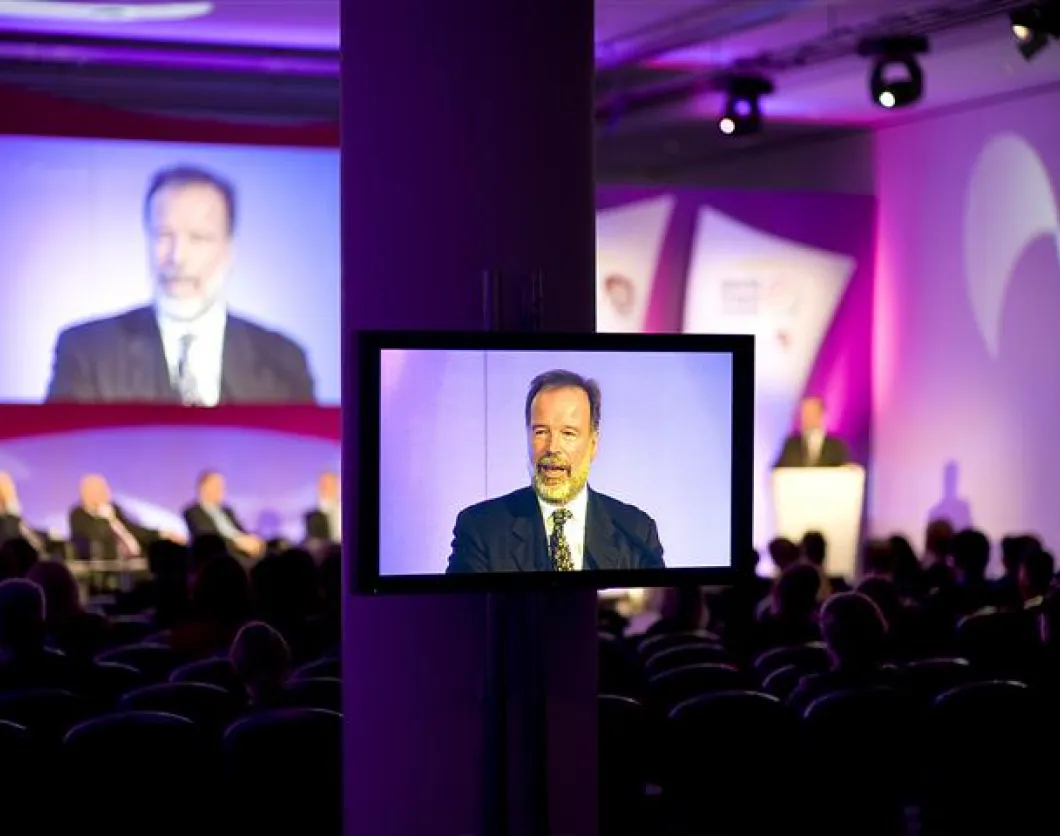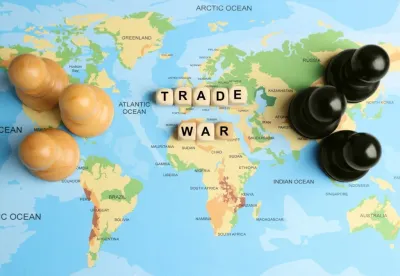The organising of tourism events has changed dramatically since World Travel Market first opened its doors 30 years ago.
As it has the travel industry, the internet has revolutionised the way the events industry has positioned and marketed its exhibitions. Prior to the internet, there was no focal point for an event before it took place, where exhibitors and visitors could visit to find out the latest information. Today a website is the shop window for all exhibitions as it is for all commercial organisations.
Like the travel industry, the events and exhibitions sector relied on brochures, I can remember scrutinising exhibition promotional brochures the same way a newspaper editor in Fleet Street would before sending it to the presses.
Today, direct marketing is conducted via email meaning information is far more up to date and allows us to have a more personal relationship with our exhibitors and visitors.
The biggest challenge today is the impact the current financial uncertainty has had on the travel industry and in turn the exhibition sector. Organisations’ scrutiny of their marketing budget means the days of companies exhibiting at events every year without evaluating its success have long gone.
At World Travel Market, the premier global event for the travel industry, we have always been committed to offering our exhibitors value and making sure they receive a high return on their investment in WTM.
We work closely with all our exhibitors to make sure they are meeting all their marketing, branding and public relations objectives. Ultimately, most exhibitors equate the success of an event by the number of senior industry buyers they met and the volume of business conducted and deals signed.
Due to this, we make sure exhibitors have a range of opportunities to talk to the industry senior buyers, who are all members of WTM’s Meridian Club. Last year we changed the admission policy with access on the first day of the show by exhibitor-invite only. While this year we have introduced speed networking for the first time, which has been over-subscribed with Meridian Club members looking to open negotiations with WTM exhibitors.
This focus has left us in a strong position during the current financial uncertainty, with our high exhibitor satisfaction levels and our very low churn rate meaning we will be celebrating our 30th anniversary this year with a high number of exhibitors who have supported the event for much of the past three decades.
Success for an exhibitor is a high exhibitor and visitor satisfaction with exhibitors and visitors returning year after year. WTM 2008 took place with the backdrop of global financial uncertainty, despite this it was the largest event ever with almost 50,000 participants and more than 5,600 exhibitors.
The final major change in the exhibition industry over the past 30 years is the focus on providing a sustainable and environmentally-friendly event. World Travel Market led the travel industry when it launched Environmental Awareness Day in 1994 (renamed World Responsible Tourism Day in 2004), which is still the only international day of action of its kind.
This time we are leading the exhibition industry with WTM looking to be one of the first exhibitions to achieve the new British standard for sustainable event management – BS8901. WTM 2009 will be marked against the BS8901 framework for events, venues and suppliers considering economic, environmental and social impact the exhibition has on its local community.
World Travel Market is working alongside its exhibitors to achieve a sustainable event and is set to be the first ExCeL – London event to achieve the BS8901 standard.
Executives: Face-to-Face Meetings Are Best
When the goals of a meeting include persuasion, leadership, engagement, inspiration, decision-making, accountability, or candor, U.S. business executives overwhelmingly believe that holding a face-to-face gathering is the only way to go. In a June 2009 survey of 760 executives from businesses of all sizes, Forbes Insights found that 84 percent of them prefer in-person, face-to-face business meetings, citing those as more effective than web conferences, videoconferences, or teleconferences for reaching a dozen goals, including those listed above. However, technology-enabled meetings have their place as well. The respondents deemed virtual meetings best for “information dissemination” and “data presentation.”
By Fiona Jeffery








